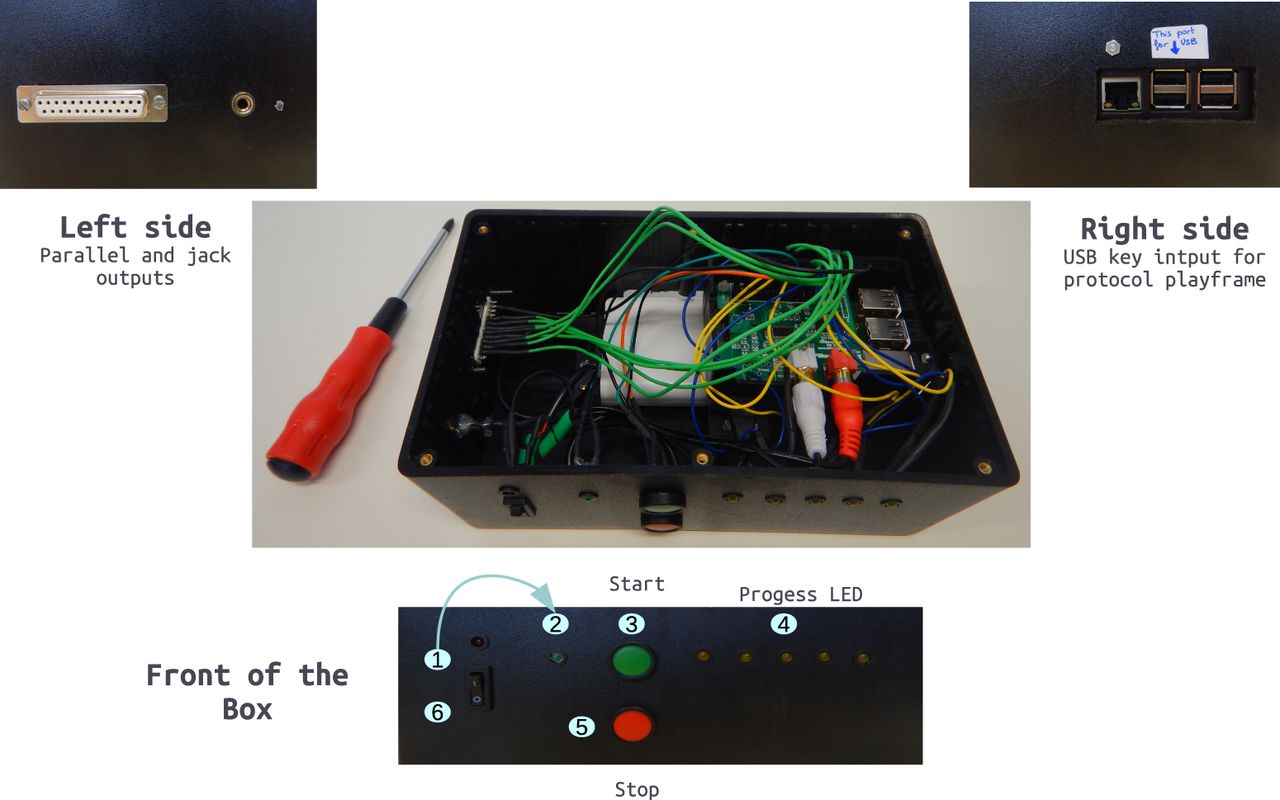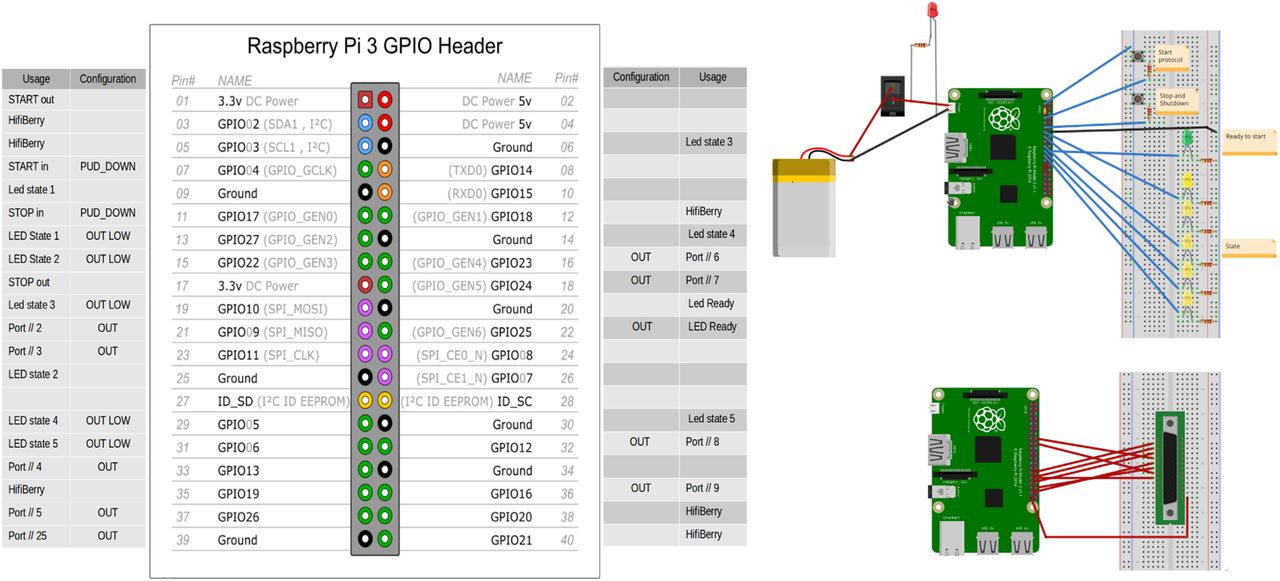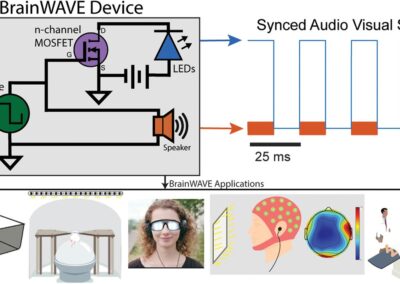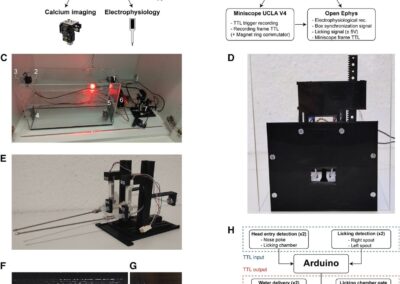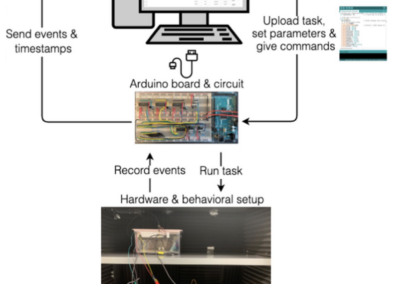Raspberry Pi based auditory stimulus generator
Analysis across research studies, collaboration between different research centers, and reproducibility of study results all depend on the ability to compare experimental designs and components. For behavioral neuroscience research, this can be limited when different research groups are using different hardware and software combinations for generating stimuli. To address this issue, Alexandra Corneyllie and colleagues developed and shared an affordable, portable, and reliable system for auditory stimuli generation for EEG studies. The system as reported uses a Raspberry Pi3 B+ board, a HiFiBerry audio card (to enhance sound quality and trigger-tone latency), and custom Python library to generate auditory stimuli. The Python code itself can also be used with other hardware setups; the use of the Raspberry Pi makes this system affordable to reproduce in its entirety. Corneyllie et al. describe the system and code, as well as demonstrate how the system compares to other commonly used protocols for auditory stimulus generation in their eNeuro publication. All information about the Python library, the hardware system, and the configuration settings are open source and available as extended data in the publication or on GitHub.
This research tool was created by your colleagues. Please acknowledge the Principal Investigator, cite the article in which the tool was described, and include an RRID in the Materials and Methods of your future publications. RRID:SCR_022343
Read the Paper!
Read more about this system in eNeuro!
GitHub Repository
Get access to necessary code and a build list for this setup from their GitHub repository!
Check out projects similar to this!

